Pesticide effect on cells may resemble signs of autism
A class of fungicides used on crops can produce changes in mouse brain cells that look similar to those seen in people with autism.
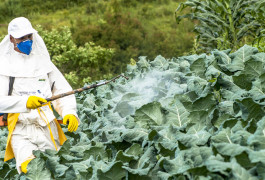
A class of fungicides used on crops can produce changes in mouse brain cells that look similar to those seen in people with autism.
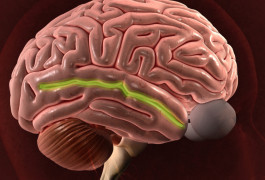
Researchers are homing in on the superior temporal sulcus, a groove in the brain that collects social information, as a key player in autism.

The combination of obesity and diabetes in a pregnant woman substantially increases the likelihood that her child will have autism.
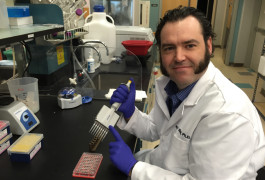
Brian O’Roak has helped to steer some of the largest, most complex studies of autism genetics to date.

Scientists can rattle off lists of dozens of genes linked to autism, but there’s much less agreement about which elements of the environment contribute to the condition — and by how much.
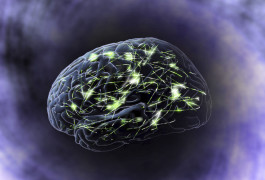
People with autism show excessively synchronized activity between brain regions while conversing with others.
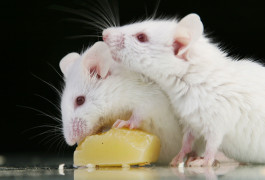
Early disruption of the microbes that inhabit the gut can alter a mouse’s sociability long term.
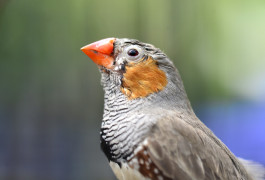
An infusion of estrogen increases activity in the brains of male zebra finches when they hear their own or others’ songs.
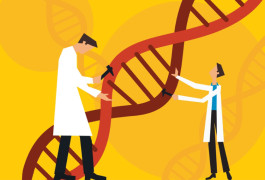
Researchers have defined a new syndrome that results from carrying two mutated copies of CNTNAP2, a gene linked to autism.
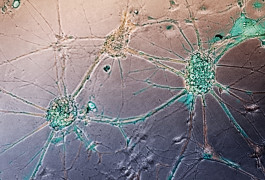
Disrupting cell-to-cell contact among developing neurons, even briefly, may alter their fates for good.